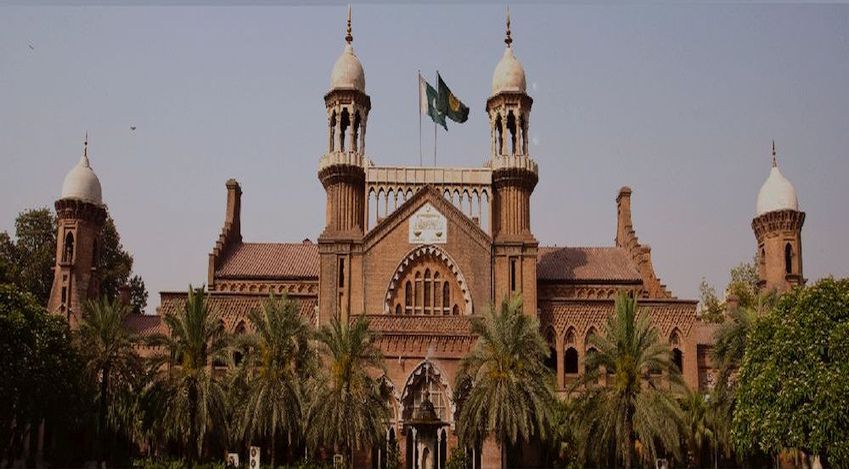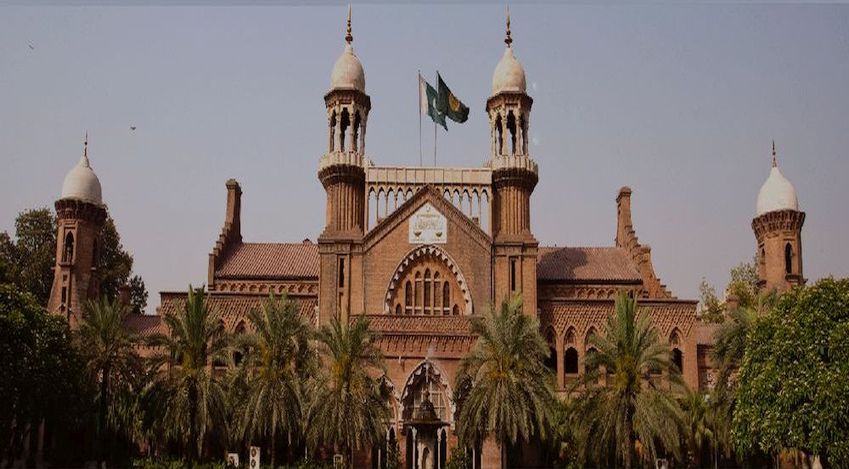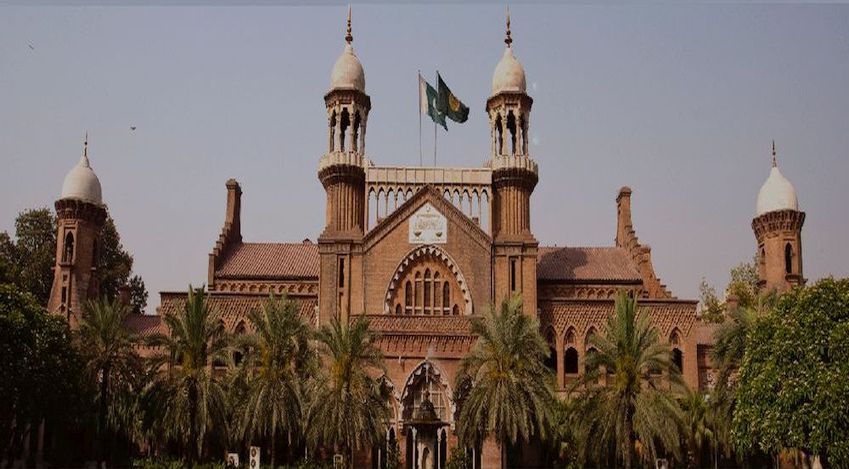Islamabad High Court (IHC) Acquitted Two Accused due to Multiple Procedural Flaws, Lack of Evidence, and Violations of Due Process
Islamabad 13-03-2025: The Islamabad High Court (IHC) has overturned the convictions of two accused individuals, who were previously sentenced to life imprisonment by an Anti-Terrorism Court (ATC) on charges related to terrorism, illegal arms possession, and criminal conspiracy. The Islamabad High Court (IHC) ruled that the prosecution failed to follow proper legal procedures, failed to produce key evidence, and violated fundamental rights during the investigation.
The case originated from FIR No. 01/2023, registered at the Counter-Terrorism Department (CTD) Islamabad, alleging that the two accused were involved in a planned terrorist attack on security forces and government institutions. According to the prosecution, both individuals were apprehended in possession of explosive substances, detonators, arms, and mobile phones containing digital evidence linking them to a banned organization.
The trial Court convicted them under:
- Explosive Substances Act, 1908 (Sections 4 & 5)
- Pakistan Penal Code (PPC) Section 120-B (Criminal Conspiracy)
- Anti-Terrorism Act, 1997 (Section 7(ff))
- Arms Ordinance (Section 13/20/65)
The ATC awarded multiple sentences, including life imprisonment, which were to run concurrently.
In its detailed judgment, the Islamabad High Court (IHC) identified several critical flaws in the prosecution’s case, leading to the acquittal of the accused.
The Court ruled that key evidence, including explosives, weapons, and other recovered items, was never exhibited in Court. According to established legal principles, non-production of case property leads to an adverse inference against the prosecution.
Under Section 7 of the Explosive Substances Act, 1908, prosecution requires prior approval from the Provincial Government, which was never obtained. The Court held that the entire trial was conducted without jurisdiction.
The prosecution presented a USB video allegedly proving the accused’s involvement in terrorist activities. However, the Court found that:
- Police officers handling the digital evidence were not forensic experts.
- The mobile phones were not sealed properly, raising concerns about data integrity.
- No independent verification of digital evidence was conducted.
- As a result, the Court ruled the video and digital evidence inadmissible.
The chain of custody for forensic evidence was not maintained. The recovered explosive materials were sent for testing six days after the alleged seizure, making the forensic report unreliable.
Despite conducting the raid in a populated area, the CTD failed to include any private witnesses in the recovery memo, violating Section 103 Cr.P.C.. The Court observed that such deliberate exclusion raises doubts about the authenticity of the recoveries.
The prosecution alleged that the accused were part of a criminal conspiracy under Section 120-B PPC. However, the Court found no direct evidence proving an agreement between the accused to commit a crime.
The accused claimed that one of them had been forcibly disappeared before the alleged incident, and an FIR for his abduction (No. 1024/2022) was already registered at PS Westridge, Rawalpindi. The Court ruled that the State failed to disprove this claim, which created serious doubts about the legitimacy of the entire case.
The ATC wrongly combined charges from different laws when issuing its sentence, which is legally incorrect. The Court reaffirmed that terrorism-related offences must be separately charged and sentenced.
Court’s Final Verdict:
- The appeals were allowed, and the convictions were set aside.
- The accused were ordered to be released immediately unless required in another case.
- Inspector General of Islamabad Police was directed to take action against CTD officials for procedural violations.
The Court recommended criminalizing enforced disappearances in Pakistan.
Powered by Froala Editor








